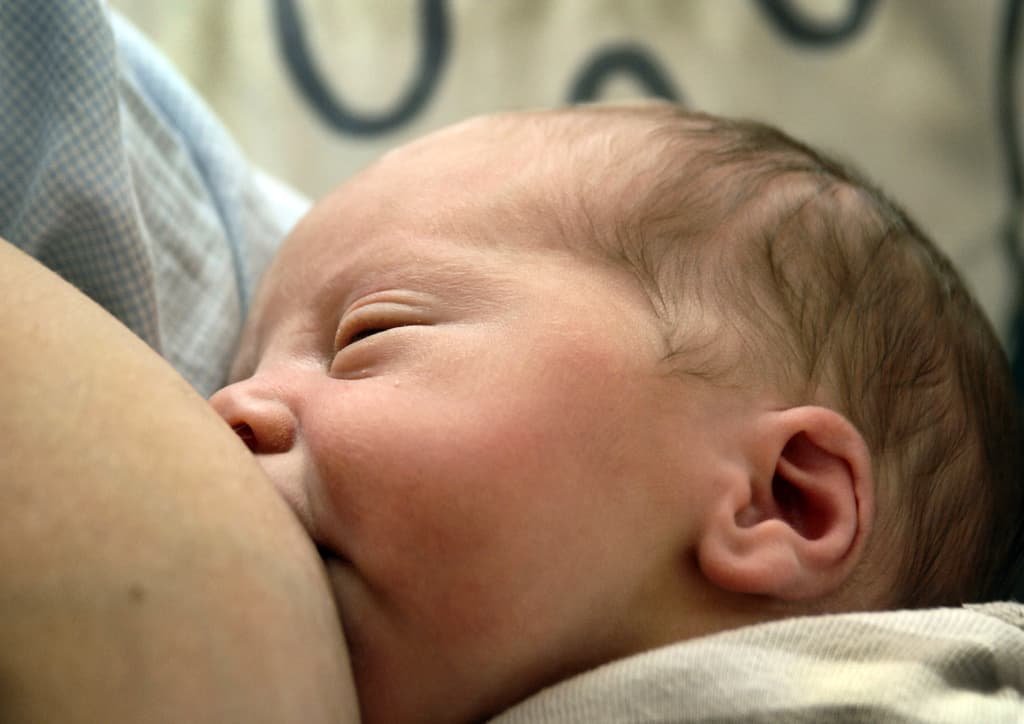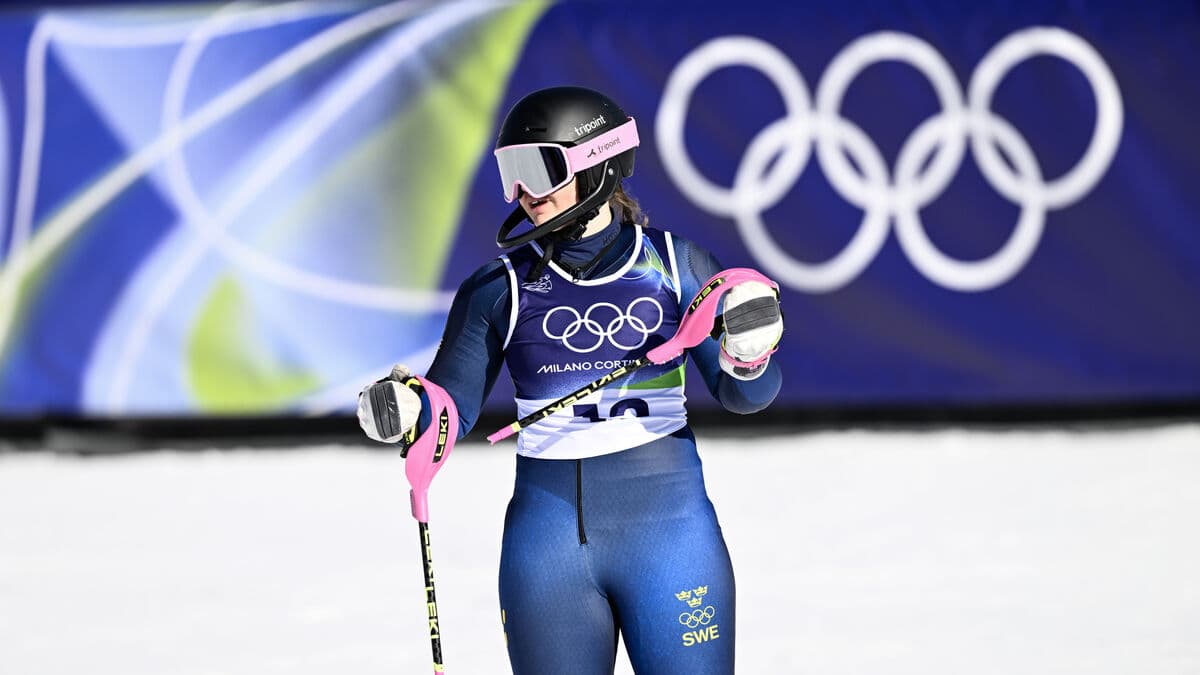Why don't men breastfeed their children? Researchers have wondered about this question since Darwin's time, as there are no biological obstacles - but it has remained a mystery.
A new study provides a possible answer: if men breastfed, diseases would spread more easily.
The study, published in Nature Communications, is based on a new mathematical model developed at the University of York in the UK.
The researchers point out that there is a rich bacterial flora in breast milk that has developed in the mother and adapted to the child's gut and digestive system. Breast milk from another individual, the man, would pose a significant risk of transferring foreign, harmful microbes to the child. It is better, then, for the mother to be solely responsible for feeding. She functions, in practice, as a filter that sifts out the harmful bacteria and only retains the beneficial ones.
Is this correct? Are the risks so great? No one knows for certain, but microbes often have a significant impact on survival, and are an important factor in evolution.
Breast Glands
In fact, males of most mammals have breast glands, just like females. The only exceptions are males of Australian marsupials, which, as far as is known, all lack breast glands.
The problem is that the glands, which in females produce milk for the offspring to live on, are in most cases rudimentary and underdeveloped in males.
There are exceptions, as is often the case in nature. In several species of fruit-eating bats, males have been shown to be able to produce milk and feed their young. But no one has ever seen any lion fathers, wolf fathers, or elephant fathers breastfeed their offspring.
It is sometimes claimed that men could produce milk if their breast glands were stimulated enough, but men normally have too low levels of the hormone prolactin for this to be possible.
Too Costly?
But the fact remains - the biological prerequisites exist, and it would be a clear advantage if fathers breastfed.
There are species where males take care of most of the childcare. An example is the South American night monkeys. In these species, males are responsible for 80-90 percent of the care. It is almost only when the young need food that the males temporarily hand them over to the mothers. A bit bizarre, perhaps. It would be practical if the males took over everything, including food provision.
An explanation, put forward in the 1970s, is that males can never be 100 percent certain that the young are their own. It is therefore not worth the effort to invest in something as costly as producing milk. Better, then, to leave this to the mother. However, not everyone has accepted this explanation. Perhaps the new model, where bacteria and viruses play a key role, will be seen as better.
The ability to produce breast milk is a characteristic of mammals. It is believed to have evolved long before modern mammals emerged, probably during the Triassic period over 200 million years ago.
The composition of milk varies greatly depending on the species. Above all, it is the fat content that differs. The Arctic blue whale (Cystophora cristata) takes first prize, with milk consisting of 61 percent pure fat. The consistency is like running butter.
Source: Mammalogy






